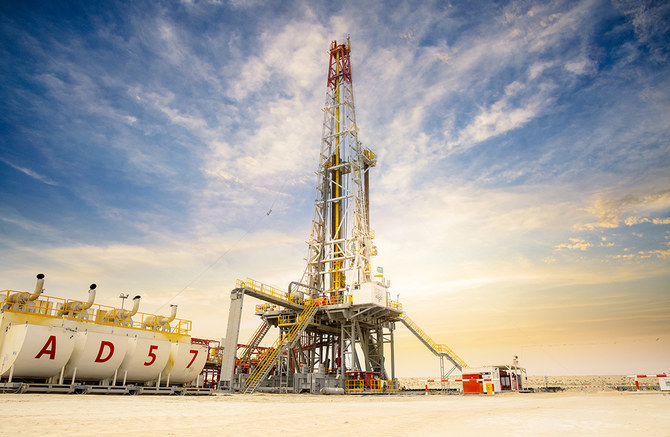Though the Liberal and the Critical theories are more closely aligned with each other than other International Relations theories, there are still major differences in how IR scholars apply the two to global challenges. On the side of the Liberal Theory, Liberal scholars are very focused on how the world and how states and their people connect with one another and the interdependence that states form. They look at globalization as almost sharing in that states can connect from across the globe, and where people can talk and collaborate through spaces, now, like the internet and technological advances. For the Liberal sided theorists, globalization is seen as a really positive thing for the world. At the Liberal perspective’s core, complex interdependence, connection, organizing states into communicative bodies like the UN or NATO, and seeing people connect and share at the individual level is what the International System is about, so globalization is seen this way through this lens, is such a positive. They also link positives like deceased infant mortality rates, higher literacy rates, and overall betterment of a state’s standard of living with globalization, as all of the connection and coordination between states allows for everyone to share and adapt to the positives of societies.
The Critical Theory sees globalization in a very oppositional way to the Liberal perspective, in a very negative and colonial adjacent way. For those of the Critical theory, most global events are viewed through the past, the history that has built up to where we are in the present, and how one’s worldview can shift when viewed through a feminist, Marxist, or postcolonial lens. Specifically, in the case of globalization, the notion of Neo-colonialism is at the forefront for Critical theorists in IR. When the world is connected, most will see the division between the core states, or the more industrialized states, and those on the periphery, or the non-developed states. A Critical theorist would look back at this division of the world and why globalization links the two, and point back to the dependence that was built throughout the original colonial era, and how that dependence has carried through into today’s world, emphasizing the way that Neo-colonialists employ practices similar to those used during that era to exploit the periphery states. This is where we get very Critically aligned concepts like the dependency theory, how colonists in the historical sense, exploited colonies for natural resources so that the colonizer’s economic success was then tied to that of the colonies, and thus today through Neo-colonial practices the same situation occurs. They also see the fallouts of this Neo-colonial way of running society, they see the pollution, climate change, overfishing, and negative externalities on the environment that come with unsustainable practices, which many core states will employ on periphery states. So, when Critical scholars look at globalization, they see the connection of states but in the sense that powerful states exploit developing states and thus leave those developing states to the point where they have to depend on the core states to function.
For me, I find the Critical perspective more convincing on their view of globalization than the Liberal perspective. Of course, I could see the benefits of globalization from the Liberal view, how it makes people from further away, more closely connected, and how that could greatly benefit communication and cooperation in global society. However, when you look at the history of states and their connectedness, especially colonialism, and draw comparisons between those practices and the practices of Neo-colonialism, it cannot be ignored that globalization helped to perpetuate the exploitation and harm to periphery states. Often times I found myself always looking to the positives of globalization, but looking back it’s most likely because those were the only impacts of globalization that I was feeling, the connectedness, and the communication that stemmed from it. However, when you recognize that connectedness can mean exploitation, and it can mean larger, more powerful state-stripping peripheral states of their natural resources, or taking advantage of their agriculture, and making it so that the peripheral state doesn’t have a chance to stand on its own without the economy and the interference of the core states, you start to see that globalization can be very harmful. Thus, when you actually look at what globalization has done and continues to do to developing nations, in the sense that it has only made it harder for these states to develop and become their own, independent and secure state, you can clearly see where the Critical theory derives its perspective from, and why it is much more persuasive of the negatives of globalization that the Liberal theory.


Thank you, McKenna, for your blog post. I found it and your explanation of the two theories very informative.
I think you bring up a good point about how although globalization has its benefits, it also allows developed states to exploit developing ones in line with the Critical perspective. Aside from exploitation of resources, I believe the interdependence that comes along with globalization as well as the possible power imbalance mean it’s easier for the developed states to coerce developing ones into implementing or maintaining specific policies that favor those in power. Would you argue that globalization as a whole shouldn’t be a thing or that we should try to find a middle ground where it exists but to a limit to avoid over interdependency and power abuse?
Thank you for such an informative post! I liked how you talked about how even though liberal scholars do make a great point about the interdependence and benefits of globalization, it does not take away from how much neo-colonialism and exploitation played a role. I know you mentioned that you constantly think of mostly/only positives of globalization, why do you think that is? Could it be another effect of neo-colonialism? Thank you again!